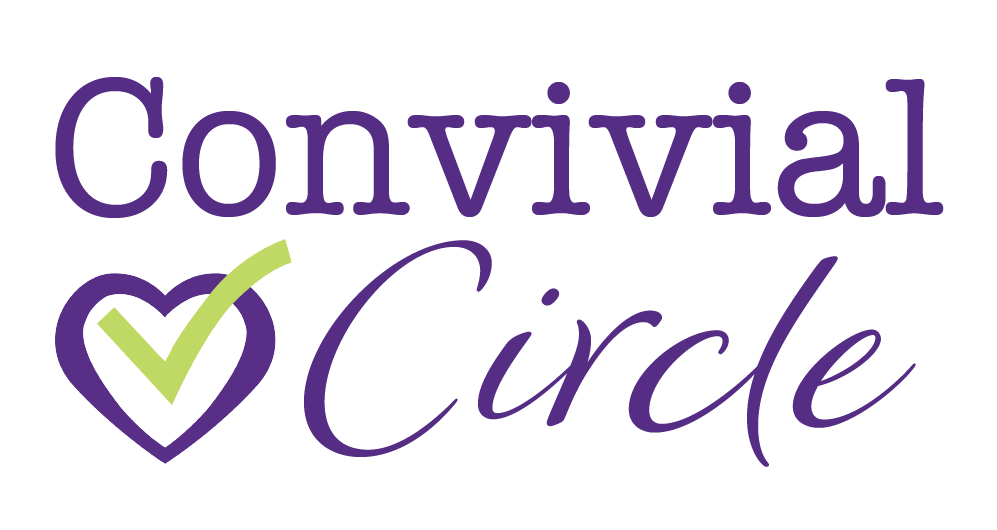If there’s anyone who needs self-care, it’s stay at home moms, right?
The other day as I stared into the empty bottom of my coffee mug, a movie quote jumped to mind: “I don’t want to see the bottom of this glass,” uttered desperately. It’s an early scene in Mask of Zorro, before the drunk vagabond is chosen by the master for a transformation.
We’re like the drunk vagabond. We want a transformation. We want a different sort of a life. But we also don’t want to see the bottom of our glass. We don’t want to give anything up. We don’t want to be forced to do anything we don’t like.
Listen to this episode:

The flawed self-care marketing tactic
When terms used to clarify things for a particular group go mainstream, co-opted by hashtags and memes, no one (except the marketers) are served.
Self-care is one such term. We ought to be teaching our children to care for themselves and not need permanent nannies. We ought to care in particular ways for those who can’t care for themselves. Both assume the fact that self-care is a thing: it’s tending to your basic needs. Caretakers and those in highly needy situations, particularly on mission fields, need respite. After caring extensively and under extreme circumstances for the basic needs of others, caring for their own basic needs is the easiest thing to cut.
But when we see self-care in the media, on Instagram, in the memes, and hashtagged, those are not the demographics talking or listening.
Rather, self-care is the catch-all term to justify and even demand respite, escape, treats, indulgence. After all, life is exhausting and people are annoying. You deserve time off.
However, this is a fundamental misunderstanding of the actual need of the moment, of what we actually do deserve, and what will actually restore and renew us when we’re tired. Moreover, it’s a misappropriation of the term self-care that steals it from the contexts where it’s needed and robs it of its intended meaning.
If we’re going to communicate as a society, words can’t mean whatever you want them to mean. They have to have agreed meanings for communication to work. And the loudest, most frequent uses end up determining meaning. It’s sad, but true.
And so, in mainstream use, self-care means doing what I want because I have to prioritize myself first and do what makes me happy. It’s a right. It’s a need.
It’s a lie.
Self-care won’t change you; but self-control will.
At some level, we know we need to change, but we’d rather that change come after a hot bath or a massage. We think we need a day to ourselves before we can think straight. We think we have to shuttle the kids off, get the house under control, and then everything will be right with the world.
Or we try to play mind games to make us like what we ought. “Oh, doing the right thing is actually an indulgence for my pleasure.”
In the end, or after a week or two, we find this strategy doesn’t really work. We’re not brand new people after all.
What works is a master, choosing us and training us. What works is being forced to give up our own wills and bad habits, trading them in for ones that bring a richer and deeper and more satisfying life than we can imagine while we’re staring despondently into our empty mugs.
We want a life that is filled with peace, joy, love, patience, gentleness, goodness.
If we want that life, we must accept two things:
- Those 6 lovely characteristics are accompanied also by faithfulness and self-control.
- They are the effects of walking by God’s Spirit, not our own.

The problem comes when we feel like we have to grab time or space to get peace or to get ahead. We feel like rest, calm, depends on our own efforts. But the truth is that God is the One Who gives true rest and peace, and is also pretty clear about how to get it. It’s not through spa days, pedicures, or massages – nice as those may be.
If self-care is done for personal health – physical, spiritual, and mental – then it’s simply common sense being co-opted and spun by marketers.
However, even so, the new spin is to cast these common sense practices as self-indulgence – do them because you’ll be taking care of you, which is what you want when you’re staring into your empty glass.
We need these – or at least love these – marketing tactics because we lack the motivation to do what we know must be done, whether it’s showering, moving, eating well, or reading our Bible.
Maybe if I harness my selfishness to do them, I’ll actually start doing what I should to steward my time, energy, body, and soul well!
It won’t really work. The right things done for the wrong reasons are not as beneficial as the right things done for the right reasons.
And the right reason is to glorify and enjoy God, not to glorify and enjoy ourselves.

Keep first things first; secondary things will fall into place naturally after that.
It is true that we’ll find more personal peace, fulfillment, enjoyment, and strength when we follow basic personal stewardship. However, those are side effects of the main goal, not the main goal we should be striving for.
In fact, the most common self-care practices used to simply be called discipline. They were matters not of treating yoself, and not of letting yourself go, but of keeping yourself on the right path – the path of trusting and obeying God, the path of being ready in season and out to follow and serve. In a word: Virtue.
Trying to use our innate, natural selfishness to “trick” ourselves into discipline is not wise and will not result in the lasting growth in virtue and wisdom we’re looking for.
Discipline does not seem pleasant at the time, but afterwards, gives sweet fruit to those who have submitted to the training.
Just like fussy, grabby toddlers, we have inner voices and desires that need discipline. We know how to parent and we can turn that parent-attention to our own selves.
More important than making your two-year-old eat broccoli is making yourself eat well. More important even than stopping a two-year-old tantrum-in-progress is stopping – or better yet, preventing – a tantrum of your own, whether the tantrum is all internal and mental, pouty and sulky, or expressed in more socially nuanced and acceptable ways.
The habits we need to grow as human beings, whether mothers or not, are simple and straightforward – we already know what they are. We just let our immature selves take the reigns too often – that’s a habit in need of breaking.
What breaks it? Discipline: Replace it with a new, better habit, redirect our minds to right ruts rather than bad ones, renew our hearts and wills through prayer.
Ready to grow in discipline, in good habits, and in mature peace & joy? Ready to stop being the desperado staring into your too-oft-refilled mug and start hero-training?
Me, too.
Convivial Circle:
where growth happens
Convivial Circle is where we increase our confidence, competence, and capacity to cheerfully work out our daily responsibilities for God’s glory instead of our own.
- Get gospel-focused advice and encouragement.
- Level up your plans and progress, one step at a time.
- Find accountability with likeminded women without any social media drama.
- Experience the homemaking mentoring you’ve always wanted.
- Learn to love being a homemaker!


